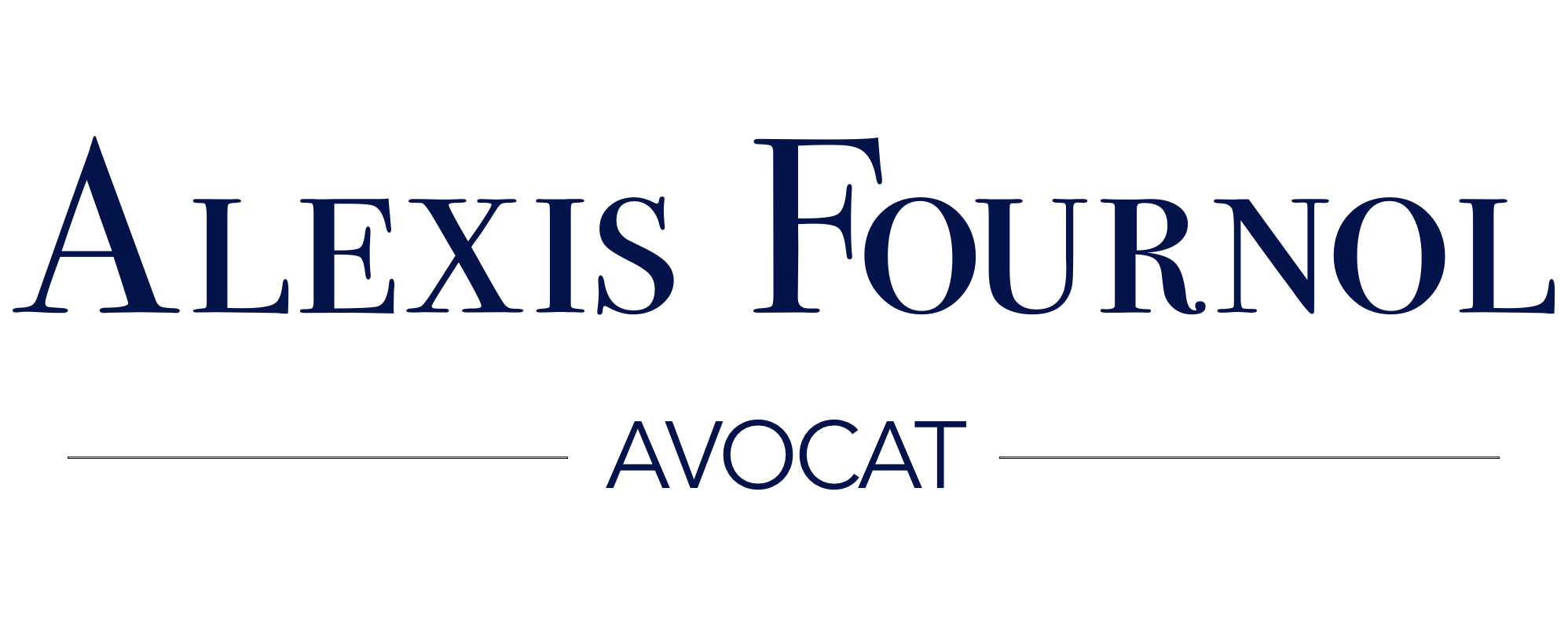Catalogue raisonné and refusal to include a work
Article published on April 20, 2024
Over the past ten years, French courts have seen an increase in the number of legal disputes arising from the refusal of an artist's specialist to commit to the authenticity of a work of art. Whether the desired commitment takes the form of a certificate of authenticity or inclusion in a catalogue raisonné, through an addendum or insertion in a future or hypothetical edition, such commitment undoubtedly constitutes a precious sesame, a valuable asset for the valuation of any concerned work on the art market. However, when the authoritative specialist for the artist in question refuses to validate the attribution of the concerned work, the dismayed owner, faced with the corresponding devaluation, often seeks justice to attempt to have their work authenticated and the author consequently condemned.
Freedom of expression established in France since 2014
However, since a decision of the Court of Cassation rendered on January 22, 2014, regarding a painting by Jean Metzinger, specialists have enjoyed a real respite from the sometimes repeated claims of determined owners. The Court of Cassation, invoking Article 10 of the European Convention on Human Rights - the foundation of freedom of expression - held that "the refusal of the author of a catalogue raisonné to include a work, even if authentic, cannot, in the absence of a special text, be considered as wrongful" and therefore engage the liability of the reluctant, dubious, or categorical specialist. The referral judgment of October 29, 2015 (Paris Court of Appea), further specified "that freedom of expression is a right whose exercise becomes abusive only in cases specifically determined by law, except for denigration of products or services."
Since then, a real consolidation of this solution has been at work. This applies whether the specialist whose opinion is sought is an art historian, an expert, an authentication committee, or even the rights holder of the artist. The bulwark of freedom of expression is certainly not absolute, but there is a real containment of the possible involvement of the person who refuses to recognize the authenticity of the work against their will. In other words: the court cannot compel someone who does not recognize a work of art as authentic to change their opinion.
Two recent examples of the potential absence of liability of the author of the catalogue raisonné
Two very recent decisions of the Paris Judicial Court, both dated February 28, 2024, illustrate the current state of French law regarding the request of a disappointed owner who wishes to have the authenticity of the work judicially debated. This is potentially in order to subsequently impose the inclusion of their work in the catalogue raisonné that serves as a reference for the artist.
Thus, two different owners both initiated summary proceedings in France against the Wildenstein Plattner Institute, a French association succeeding the Wildenstein Institute, and the Wildenstein Plattner Institute Inc. Foundation, an American entity. In both cases, the concerned work was not included in the catalogue raisonné listing all works considered authentic. And each disappointed owner attempted to challenge the decision of the Wildenstein Committee, first amicably, then in court.
Contractual acceptance of non-liability
However, these owners had accepted the terms of the deposit contract drafted by the Wildenstein Plattner Institute, which provided for clauses of "liability waiver" and "non-liability". Therefore, the Paris Judicial Court dismissed the request to appoint a judicial expert to pronounce on the authenticity of the works concerned on the grounds that, by signing the deposit contract, the owner had accepted that the Wildenstein Plattner Institute refused to include the painting and had waived any recourse due to this refusal. Furthermore, the Tribunal noted, recalling the solution of the Cour de Cassation's ruling of January 22, 2014, in the Metzinger case, that, even in the absence of a contract, the refusal to include a work in a catalogue raisonné, even if authentic, could not be considered wrongful. In other words, the request for the appointment of a judicial expert could not be favorably received because this judicial procedure (the appointment of an expert to pronounce on the authenticity or non-authenticity of the work) would have constituted a prerequisite for another judicial procedure (the possible engagement of the liability of the person responsible for the catalogue raisonné), which was necessarily doomed to fail.
These two judicial decisions are consistent with the constant solution regarding the challenge of the rejection of the request for inclusion of a work in a catalogue raisonné. However, they are nonetheless difficult to accept for an owner convinced of the authenticity of the work submitted for examination by any artist's committee, authentication committee, or specialist. Therefore, other means of judicial action must be considered to attempt to obtain judicial debate on the authenticity of a work of art.
An article written by Mr Alexis Fournol,
Attorney at Law (Paris Bar), Partner of the Firm and author of art law articles for the French version of The Art Newspaper.
As part of its activities dedicated to art law and art market law, the Firm regularly assists auction houses in disputes relating to the challenge of the attribution of a work of art, as well as attempts to hold appraisal professionals or gallerists liable. As art law and art market lawyers, we also act in matters of contract law, liability law and auction law for all our clients, in Paris, throughout France and in Belgium (Brussels).
